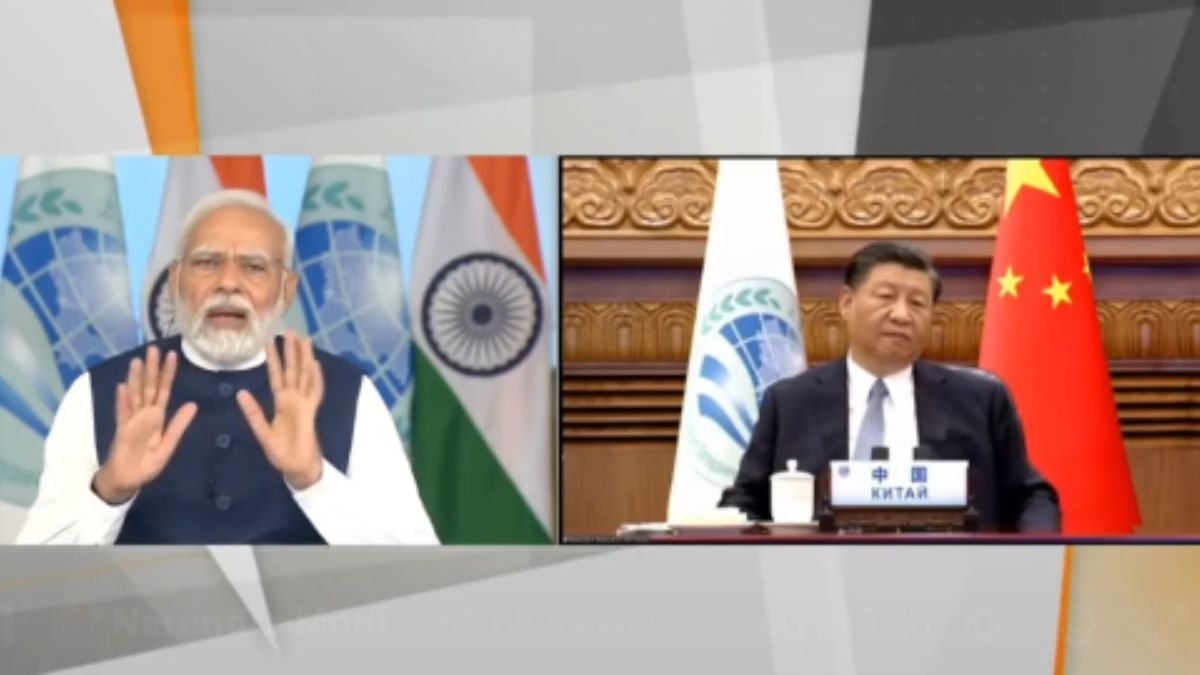India has again dealt a major blow to China’s hopes at the Shanghai Cooperation Organization (SCO) summit. India has outright rejected China’s Belt and Road Initiative (BRI) project. India is the only member of the SCO which has directly opposed China’s BRI and refused to support it. Whereas all other countries have supported BRI.
China’s ambitious ‘Belt and Road’ project (BRI) is passing through several countries. India has called it a threat to sovereignty. On Tuesday, India refused to support it during the SCO summit. Russia, Pakistan, Kazakhstan, Kyrgyzstan, Tajikistan and Uzbekistan have reiterated their support for the BRI, the declaration issued at the end of the virtual SCO summit hosted by India said.
According to the announcement, “Reaffirming their support for China’s ‘Belt and Road Initiative’ (BRI) initiative, the Republic of Kazakhstan, the Kyrgyz Republic, Pakistan, Russia, the Republic of Tajikistan and the Republic of Uzbekistan have agreed to jointly implement the project.” Focused on the ongoing work to build the Eurasian Economic Union and the BRI.
PM Modi said this about the sovereignty and territorial integrity of the country
At the summit, Prime Minister Narendra Modi highlighted the need to promote connectivity, but stressed that while making such efforts, it is necessary to respect the basic principles of the SCO Charter, especially the sovereignty and territorial integrity of member states. The summit, chaired by Modi, was attended by Chinese President Xi Jinping, his Russian counterpart Vladimir Putin, Pakistan Prime Minister Shehbaz Sharif and leaders of other member states of the organisation. India refused to accept China’s BRI project.
Spoke in favor of implementing a roadmap of gradual increase in the share of national currencies by the interested member countries of BRI under mutual agreements. According to the declaration, the member states agreed to ensure the implementation of the SCO Economic Development Strategy 2030 adopted by the ‘interested member states’ and to promote cooperation in areas such as the digital economy, high technology and modernization of existing international routes for road and rail transport. For the purpose of speeding up the projects, it is considered important.
